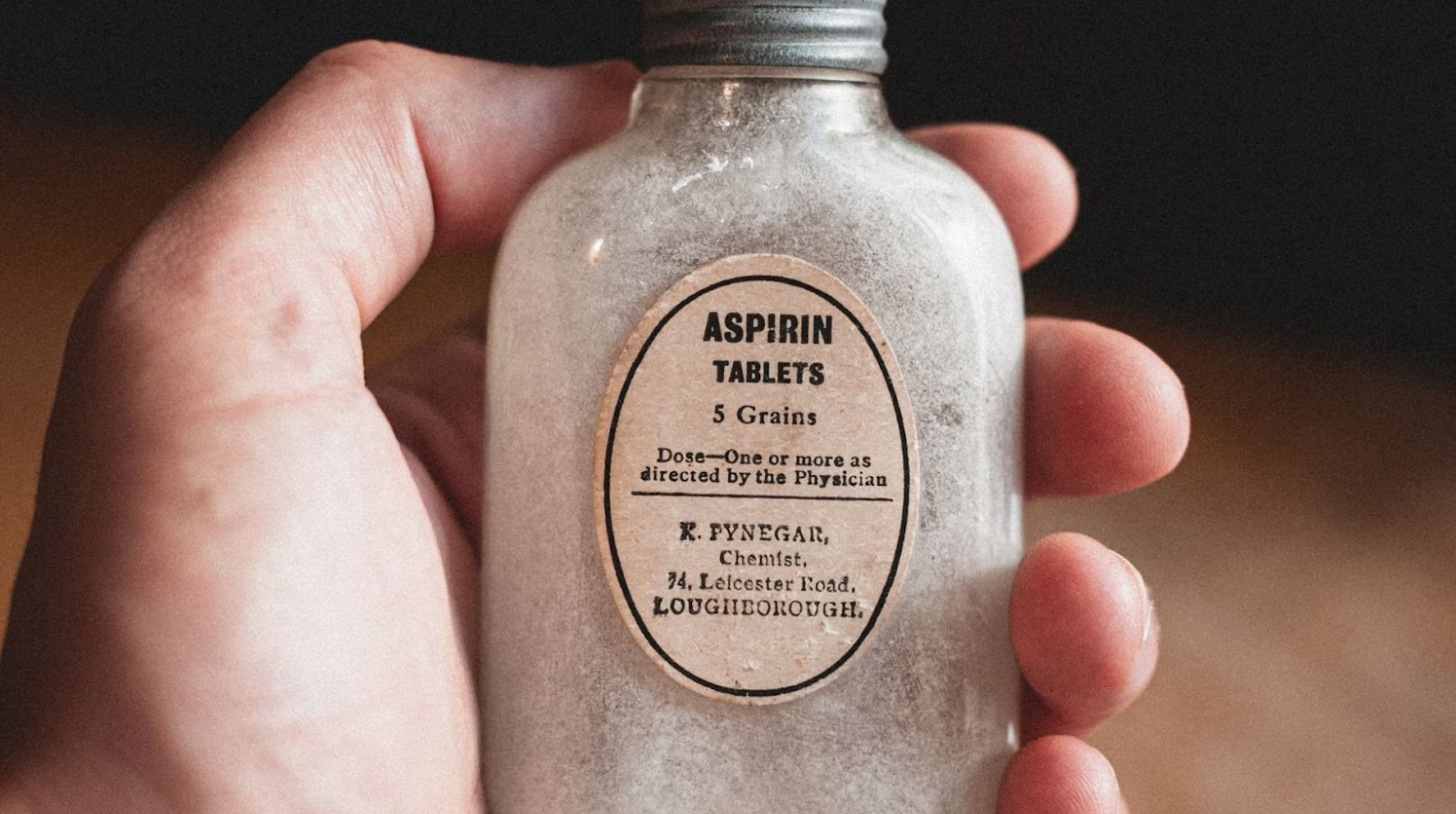Aspirin is often thought of as a safe medicine that people might take for pain relief. However, it is also often used to help thin blood and prevent blood clots, which can cause heart attacks and strokes.
The one group of people that commonly use aspirin is seniors. However, healthcare providers have warned that continued use of aspirin can cause internal bleeding, with it being recommended that many people stop taking it altogether. But will they take the advice?
Taking Aspirin Daily

Many seniors across the U.S. take aspirin daily in the hope that it will reduce their risk of developing cardiovascular disease. However, this is only recommended for those considered at high-risk from the disease.
It is also believed that those who are taking aspirin daily and haven’t been recommended to do so by a doctor could be causing more harm than good to themselves or are in danger of doing so.
Cardiovascular Disease

Cardiovascular disease is something that affects the heart and blood vessels. In some cases, it can lead to a heart attack or stroke — something that many people try hard to avoid.
The majority of causes of heart attacks and strokes are due to a blockage in the arteries, which is caused by a buildup of plaque. This prevents blood from traveling to the heart muscle or brain.
Heart Attacks Are the Leading Cause of Death

Among senior U.S. adults, heart attacks are the leading cause of disability and death. For this reason, many seniors have long believed that taking a daily dose of aspirin can prevent this from happening.
They believe this as healthcare providers have told adults who have had a heart attack or stroke to take a daily dose of aspirin to prevent a second one from happening.
Healthy Adults Against Heart Attacks

One thing that wasn’t clear was whether healthy adults would also benefit from a daily dose of aspirin. A study was conducted on 19,000 healthy seniors, many of whom were over the age of 70.
Half of the participants were given aspirin, and the other half were given a placebo. It was found that the daily dose of aspirin didn’t protect them against a heart attack or stroke but did cause an increased risk of internal bleeding.
Risks of Heart Attacks and Internal Bleeding

The issue for older adults is that the older they get, the higher their risk of having a heart attack or stroke. This likely leads them to feel like they should take a daily aspirin dose.
However, if you’re a senior and are taking aspirin daily, this increases your risk of internal bleeding more than someone younger. This means the risks from the aspirin are higher than the benefits.
Daily Aspirin Has Some Benefits

While seniors taking aspirin daily isn’t recommended, there is one age group for which this has been found beneficial. This is for those aged between 40 and 59, regardless of their risk of cardiovascular disease.
This is because this age group has a much lower risk than seniors of developing internal bleeding. However, medical advice should still be taken if unsure, and an awareness of the side effects of aspirin is still needed.
All Medical Guidelines Agree

Medical organizations across the U.S. and worldwide will set out different guidelines and often have slightly or entirely different views regarding various medical issues.
However, the consensus among all of these medical guidelines is that healthy adults shouldn’t be taking a daily dose of aspirin as it will likely cause them more harm than good.
Adults Are Not Following the Advice

Even though this is the new guidance and the study’s results have been published, many older adults are not following this advice and are continuing to take aspirin daily.
It could be that they aren’t aware of the updated guidelines, but it is recommended that these adults contact their healthcare provider to check whether they are following the right advice.
Further Research Is Needed

This is new research, and previous guidance for many years often stated that it was okay for all adults to take a daily dose of aspirin to prevent cardiovascular disease.
More research is needed on this as well as for the other recommendation that taking aspirin daily can be stopped after the age of 75, regardless of whether a cardiovascular event has happened or not. However, this recommendation hasn’t been studied in enough detail to confirm if it should be followed or not.
Doctor Advice Is Required

Generally, taking aspirin if you have a mild medical complaint, such as a headache, body ache, or fever, is entirely okay. But outside of this, if you are planning on taking aspirin daily, you need medical advice.
This is due to the serious side effects of aspirin. If your doctor has not recommended taking aspirin daily but you are considering it due to any concerns you have, book an appointment and only take your doctor’s advice.
Medical Advice Changes All the Time

The important thing to note about medical advice is that it changes constantly. Something that was a recommendation even just a few years ago may now contradict current medical advice.
This is why it is vital to keep up with current medical recommendations and check with your doctor if you’re unsure so that you’re following guidance and doing what is best for you.
